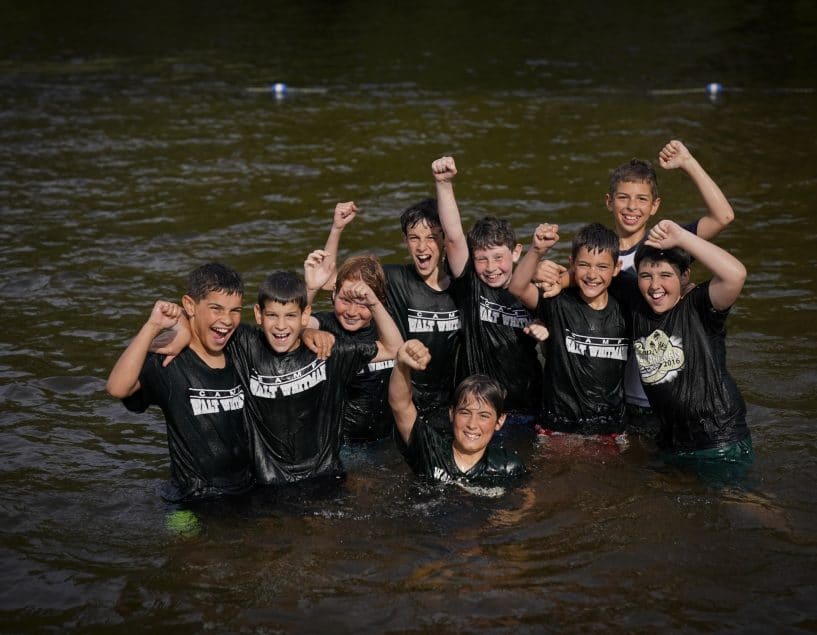Ask a Camp Director: Will My Child Be OK Going to Camp Without a Friend?
Throughout the summer I field many questions from parents about our policies at Camp Walt Whitman. Since so many of my answers could easily apply to other camps, I’ve created this forum to answer the most common questions parents ask about sleepaway camp. Feel free to submit yours here for a future column.
If you are wondering whether it’s a good idea to send your child to a sleepaway camp without any classmates or friends, you are not alone. This is one of the most common questions we are asked by families who don’t know anyone at our camp (yet).
It’s true that children are often less anxious about camp ahead of time if they have a friend that they are going with. But as wonderful at that the pre-camp comfort maybe, the benefit of going to camp with someone you know ends before camp actually begins.
Any really good camp has strategies in place to help mitigate the anxiety a camper feels going into a camp without familiar faces. At Camp Walt Whitman, for instance, we have a big brother/sister program that gives campers an instant friend upon arrival. An older camper will call the first-time camper before camp begins to get acquainted, and then show the new camper around campus at the start of camp and stay in though throughout the session. A Head Counselor (one of our Unit Leaders) will also call the new camper ahead of summer to get to know him or her before camp begins. These are just two of the tactics we use to ensure that first-time campers feel comfortable at camp from the get-go.

Even when friends do come to camp together, it is our belief that both children are most likely to thrive if they are in separate cabins. This way they will have the comfort of knowing there’s somebody they know just a bunk away, yet also have the opportunity to spread their wings and make their own friends.
Camp is all about self-discovery: Learning who you are, who you can be, and what you are capable of. We don’t want these discoveries to be hampered by a child’s concern that they have to be the exact same person at camp that they are at home because of an old friend’s expectations of behavior.
Camp is also about making new friendships: deep, meaningful friendships where children allow themselves to be vulnerable with each other in a way that they often don’t and can’t at home. These friendships flourish in a camp environment because this deep type of connection is not just acceptable, it’s the norm. If children feel they can’t branch out from their friends from home, they might miss out on the opportunity to make these connections with new friends.
There is also the possibility that a friend from home could become competitive about the new friends your camper is making, or that one friend is ready to branch out but the other friend becomes clingy. Both are cases that could cause tension and conflict, so campers coming to camp with a friend should be prepared for these possibilities.
If your camper is coming with a friend, we recommend having a family conversation prior to camp about the importance of branching out and making new friends and allowing each other to experience camp individually. While campers may want to be in the same cabin together, parents should have an honest conversation with each other about what they want kids to get out of camp and discuss the benefits of separating them. Camp directors can and should be brought into this conversation if necessary to help out.
Ultimately, so long as your camp has comforting strategies in place and you have these discussions ahead of time, your child will thrive during the summer whether he or she comes to camp without knowing anyone or with a friend.








